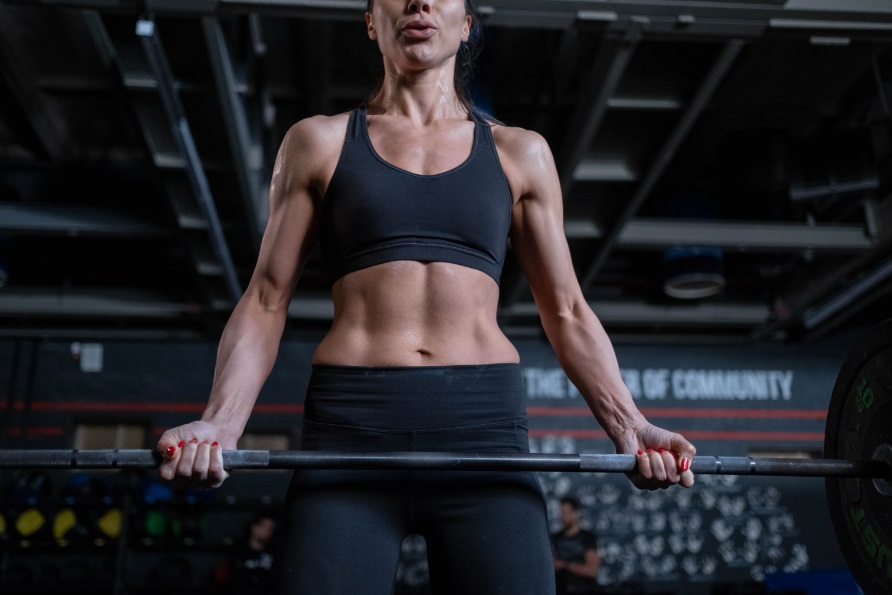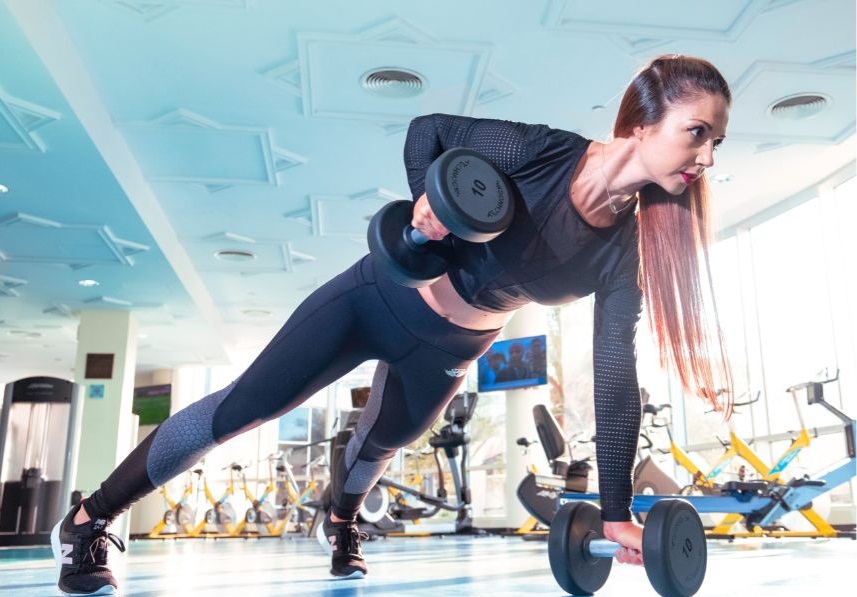- Launch Your Training Today! We're available 24/7 by Appointment Only.
- (615) 329-2747
- info@nextlevelfitness.com
Nutrition Tips: Fuel Your Workout Right
Effective Training Methods to Improve Your VO2 Max
May 9, 2024
Core Training vs. Functional Training: What’s the Difference?
June 5, 2024Are you looking to boost your workout? Your body needs fuel, just like a car does. Think of carbs as gas in your tank. They get stored as glycogen in muscles, giving you energy to move and lift. Sure, sports drinks and gels are all over the market. However, they may not be magical elixirs. You must keep hydrated and maintain sugar levels when active for extended periods.
If solid food upsets your stomach during exercise, try easy-to-digest options like chews or liquids instead.
Understanding Workout Nutrition Basics
Grasp the basics to fuel your workout right. Your body needs carbohydrates, which change into glycogen for muscle power. If you’re active for over an hour, sports drinks or gels keep glucose levels steady and avoid digestive upset.
Food intake pre-exercise boosts performance. A smoothie can be a great start if solid food feels heavy in the morning. Regular exercise doesn’t let you eat endlessly without gaining weight. For those training hard, like triathletes or having multiple daily sessions, calorie tweaking and recovery nutrition is crucial to maintaining energy levels.
Always choose hydration after exercising, with water or fruit high on that list. For mighty muscles, post-workout carbs matter most within 30 minutes following exertion through snacks like fruit smoothies. If ever unsure about what’s best for your diet while staying active, inquire with credentialed experts from places such as Next Level Fitness, who offer guidance tailored just for you.
Pre-Workout Meal Timing and Options
Eat well before you train to boost energy and avoid injury. Your body needs carbs for fuel, plus a bit of protein but less fat and fiber. Think bagel with peanut butter or some fruit. Timing is key: aim for 2-4 hours before activity for up to 1,000 calories. Keep it light if it’s a big session, under an hour – around 300-400 calories will do.
Stay hydrated, too. Start sipping water at least four hours before until your pee runs pale! This way, you’re all set to hit the gym hard without that hungry feeling getting in your way.
Hydration Essentials for Fitness Enthusiasts
Water is your best friend when you work out. You must drink it all day, even before you sweat. Aim for 17-20 ounces a few hours before exercise, like one big bottle.
As you get moving, keep sipping; try for 7-10 ounces every so often until the end of your workout. Think less than half a small bottle each time. After pushing hard and losing weight from water loss, go for another 16-24 ounces per pound lost. Sure, sports drinks have their place during tough or long sessions as they give back electrolytes and carbs that are spent, but remember, too much can be overkill!
Stick with simple water usually; it does the job just fine without extra stuff. Keep these numbers in check: lots beforehand, little bits while in action, and more post-workout based on how intense it got—for prime hydration levels, keeping your performance at its peak.
Fueling Your Body with Quality Protein
Add quality protein to your diet to power your workout. Lean options like Greek yogurt or a boiled egg on whole-grain toast provide essential amino acids for muscle activity. After exercise, mix carbs with proteins to mend muscles; think apple with nut butter or low-fat milk smoothies.
Skip new foods during big events; test them in training first. For tailored advice, consult our expert dietitians. They can fine-tune these tips to match your routine and goals. Remember: a balanced meal afterward is key! Include lean chicken or fish plus whole grains for full recovery benefits.
The Role of Carbs in Exercise Energy
Carbs play a key role in your body’s energy levels during exercise. Think of carbs as fuel for your muscles when working out, especially if it’s long and hard. The harder you work, the more vital carbs become since they provide quick power to keep going.
Here’s how it works: Your muscle stores limited carbohydrate amounts as glycogen. These stored carbs give muscles their go-to juice during intense workouts like running or lifting weights. Without enough of them on board from meals or snacks before hitting the gym floor (or track), chances are high that fatigue kicks in sooner rather than later.
Eating right with balanced nutrients keeps your energy tanks full, so every rep counts throughout your sweat session!
Post-Workout Recovery Foods to Consider
After your workout, fuel up fast. Your muscles crave carbs to refill their energy stores. So reach for simple ones like white rice or grab an apple; they digest quickly and feed your muscle right when it needs it most.
Remember the protein—think chicken or Greek yogurt to fix those tiny tears from lifting weights. A little fat is okay, too. Nuts or avocados can help ease inflammation without going overboard. Drink lots of water during and after exercise—eight ounces every 15 minutes works well. Skip sugary drinks, though, as sugar won’t help in recovery.
For a speedy post-gym meal, try scrambled eggs with toast and fruit side by side. This perfect blend hits all those key macros: proteins, fats, and carbs!
Navigating Nashville’s Top Health Food Spots
In Nashville, seek out the best spots to fuel your workout. One standout is a cafe with Bongo Java Bar’s full coffee range, perfect for caffeine before exercise. Their on-site bakery offers fresh pastries—ideal quick energy sources.
Don’t miss their famous Avocado Toast. Not only tasty but also packed with nutrients that help in muscle repair and recovery after a strenuous session at the gym, each bite blends taste with fitness needs, proving that healthy food can be both appealing and supportive of active lifestyles. Keep it balanced and wholesome—make every meal work towards your goals.
Eating right gives your gym time a big boost. Choose whole foods, balance carbs with proteins, and stay hydrated for lasting energy. Before workouts, eat light to fire up; refuel with protein to repair muscles after exercise.
Don’t skip on greens or healthy fats; they keep you in top shape! Visit Next Level Fitness’s website for exercise plans tailored to your fitness goals. Let’s make every sweat session count by fueling up smartly.
Warning: Trying to access array offset on value of type null in /var/www/wp-content/themes/betheme/includes/content-single.php on line 286

